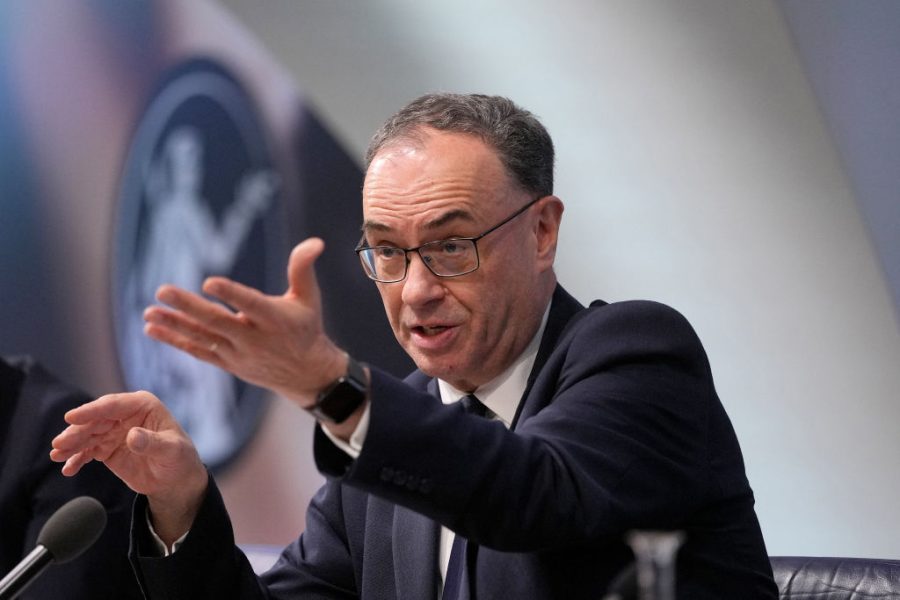Prices are rising. Inflation rose to 3 per cent in the twelve months leading up to January, up from 2.5 per cent in December. It’s a bigger jump than expected, with markets and the Bank of England expecting a rise to 2.8 per cent, driven largely by higher transport costs, as well as higher costs for food and non-alcoholic drinks.
Is there reason to panic? While the CPI figures are higher than expected for January, they are not far out of line with the Bank’s latest forecast, which expects inflation to peak closer to 4 per cent this summer, due to rising energy costs. As Capital Economics notes this morning, ‘it’s no secret that higher energy prices will push CPI inflation further above 3 per cent over the next seven months' when Ofgem updates the price cap once again. But the forecaster, along with the Bank, still expects these rises to be temporary, with inflation returning to target in the medium term.
As Threadneedle Street has pointed out many times in the last six months, these fluctuations should not stop the Monetary Policy Committee from continuing to cut rates – albeit they will encourage the Bank to remain cautious. This morning’s inflation news is likely to silence any talk of an earlier, or more aggressive, reduction in the base rate. Rather, the Bank’s slow and steady process for cutting interest rates is likely to continue, especially if headline inflation is drifting, albeit slowly, in the wrong direction.
The rise in core inflation this morning will also give the Bank reason to stay vigilant. The rise in the twelve months to January to 3.7 per cent was expected, but given core inflation excludes volatile costs like food and energy, it is a reminder that inflationary pressures remain in the system. This will also keep the Bank on a slow-and-steady track for cutting rates, especially when also factoring in this week’s labour market update, which revealed the ‘fastest pace of pay growth in over a year’.
In response to all this, the Treasury this morning pledges to ‘further and faster to deliver economic growth'. It’s a welcome message, though not necessarily the answer to rising inflation (indeed, rate hikes are designed to take heat out of the economy, to bring down inflation). While the Bank isn’t going to be hiking rates anytime soon, the MPC may well slow down their plans for cuts even more if inflation keeps ticking up, close to double the Bank’s 2 per cent target. That won’t help the Chancellor’s growth mission – though it’s also wishful thinking to suggest that rate cuts are some kind of silver bullet to the government’s growth problem. Updates like this morning’s inflation figures are a reminder as to why cuts can’t be counted on. And even if rates do come down a fair bit, that does not compensate for the desperate need for a bonfire of housing red tape and broader reform.







Comments